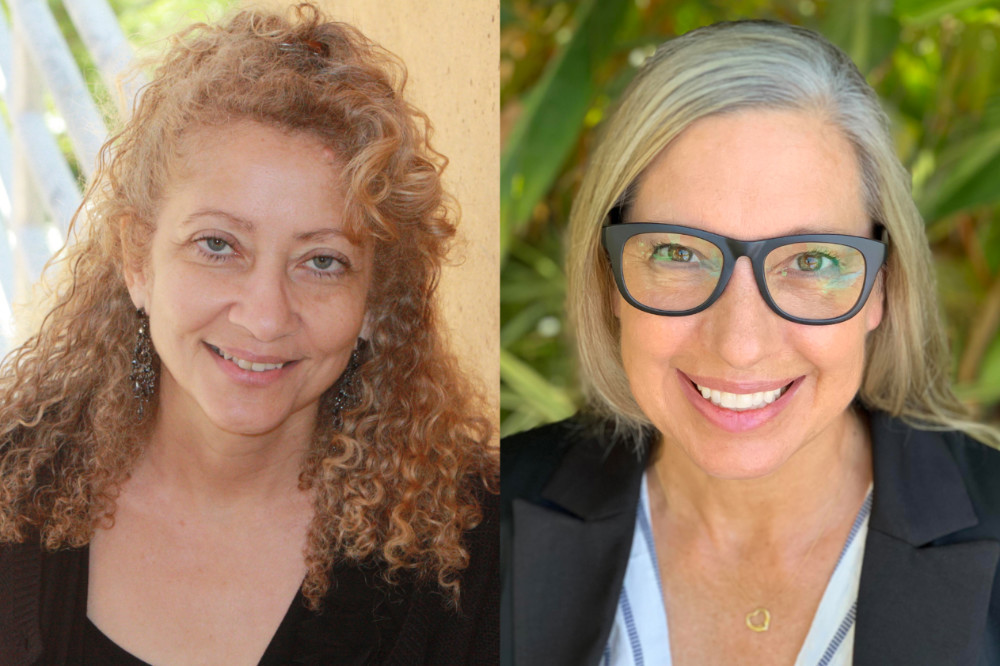
Taking the Initiative
Historically, minority-serving institutions (MSIs) are badly underrepresented in National Science Foundation (NSF) research grants, particularly in the social sciences. UC Santa Barbara, one of the country’s leading Hispanic-serving institutions (HSIs), has been selected to join a national effort to boost research at MSIs.
As part of the NSF’s Build and Broaden Program, UCSB will establish the California Alliance for Hispanic-Serving Social Science Advancement (CAHSSA). The alliance will work to give social science scholars at HSIs the tools to secure funding for research from outside sources, such as the NSF.
CAHSSA will be led by co-principal investigators Belinda Robnett, vice chancellor for diversity, equity and inclusion, and Barbara Endemaño Walker, director of research development for social sciences, humanities, fine arts and education.
The CAHSSA partnership between UCSB, UC Irvine, Cal State University Channel Islands and the CSU Chancellor’s Office will serve 28 HSIs in the CSU and UC systems. The outcomes of the project will serve as a national model to advance research in wide-ranging disciplines that impact the health, prosperity and welfare of the U.S. public.
The NSF grant totals $332,963 over a three-year period.
“We are pleased to have received this grant!” Robnett said. “For some time now, there has been an inequitable distribution of federal grants that favor non-minority serving and research-intensive institutions.”
As Robnett and Endemaño Walker noted in their grant proposal, “According to the NSF awards database, in the decade from January 1, 2010 to December 31, 2020, roughly 1,000 proposals were funded by the SBE Directorate (Directorate for Social, Behavioral and Economic Sciences) to UC and CSU campuses. Of these, only 6% were funded to CSU institutions and 62% of these awards went to campuses that are not MSIs.”
“Our CAHSSA program will facilitate successful federal funding outcomes to support social science faculty members at Hispanic-serving institutions,” Robnett said. “We focus attention not only on professional development to encourage successful grant applications, but also on institutional transformation. Our research will examine the positive and negative biases that might exist among reviewers at federal funding agencies. We hope that our project will provide insights and inspire policy changes within these agencies, while also institutionalizing professional development support for faculty members at minority-serving institutions.”
Endemaño Walker, who also serves as the special assistant to the executive vice chancellor for diversity initiatives, noted that CAHSSA will focus on three areas:
1. Test research proposal development interventions among social science faculty at UC and CSU campuses to find out what types of professional development activities can strengthen the submission of proposals to the NSF.
2. Present a series of workshops by social science research leaders about the various dimensions of social science research at HSIs and how to support it.
3. A study of reviewer comments on social science research proposals that have been submitted to the NSF in the last decade to determine if there are biases in review related to minority-serving institutions and/or methodological approaches.
“Our collaborative team was intrigued by the NSF Build and Broaden program and its challenge to increase proposal submission from minority-serving institutions,” Endemaño Walker said. “Through our work on strengthening social science research and funding proposals in our various roles, we find that social science faculty members sometimes have a set of barriers and disincentives to writing and submitting extramural funding proposals, particularly at minority-serving institutions. We decided to use the Build and Broaden opportunity to learn more about how faculty conduct social science research at HSIs, and how it is reviewed and evaluated by the NSF.”



